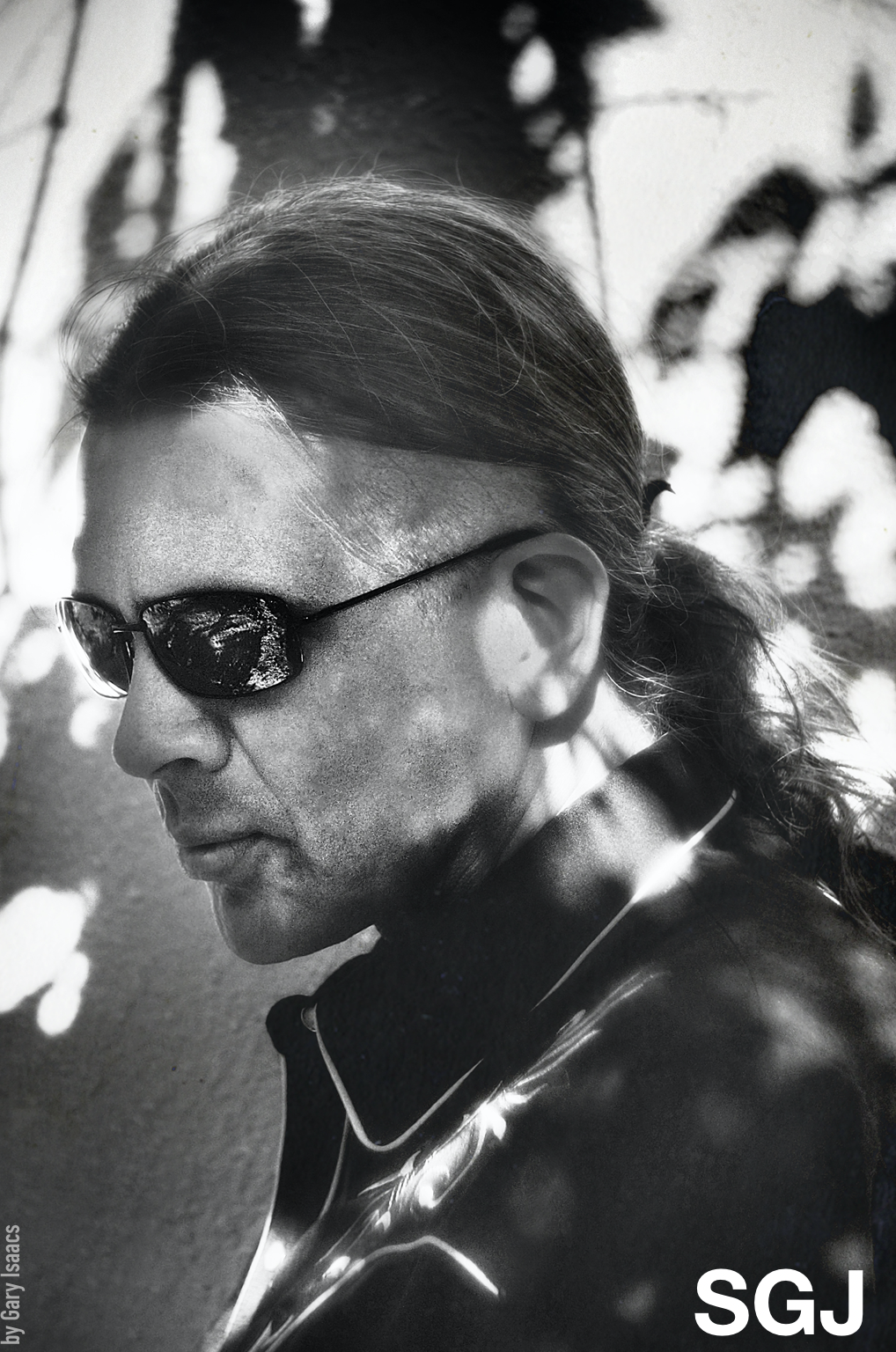Thinking a lot about haunted houses this semester — overseeing an ind study on them, just wrote a long old haunted house short story, and here we are coming on to Halloween — and, specifically, of course, about the idea of Dr. Sleep, and how if anybody can pull it off, yeah, it’d be him. But, still, I’ve never quite been able to figure out the precise magic King was tapping into with The Shining. I mean, sure, it seems modeled on Shirley Jackson’s stuff, no doubt, it’s finally a very conventional telling of a haunted house story, has all the elements we need and are used to, all that. But what elevates it past most of the rest? And then I hit this:
And, first, I wish I could edit like that, that I could see alt_stories buried in the obvious, but, too, when crazydude Jack’s bouncing that ball up against that wall in that grand big room of the Overlook, my heart kind of swept up and I maybe got it, a little: this is the basic post-apocalyptic dream, isn’t it? This is Will Smith in I Am Legend, slamming through the streets of Manhattan in whatever car he wants. This is those two guys in that Gary Larson panel, out fishing, seeing the mushroom clouds in the distance, one of them saying to the other that what this means is screw the limits, right? The Torrances getting to camp out in the Overlook, have the run of that whole magical place for the whole winter — that’s the fantasy. Or, if you can accept that most American haunted house stories revolve around economics to some extent (the ‘good bargains’ of Burnt Offerings, of The Amityville Horror, all that), then this, getting actually paid to live the dream: that’s what separates The Shining, I think. I mean, aside from the compelling story, the characters we identify with and hope for and fear, all that. But a lot of novels can have that. What a lot of novels don’t luck into, though, it’s turning us into children. It’s setting us in a room so big we feel small. And then exacting a very real price for that feeling.

 is the NYT bestselling author of 30 or so books, +350 stories, some comic books, and all this stuff here. He lives in Boulder, Colorado, and has a few broken-down old trucks, one PhD, and way too many boots. More
is the NYT bestselling author of 30 or so books, +350 stories, some comic books, and all this stuff here. He lives in Boulder, Colorado, and has a few broken-down old trucks, one PhD, and way too many boots. More